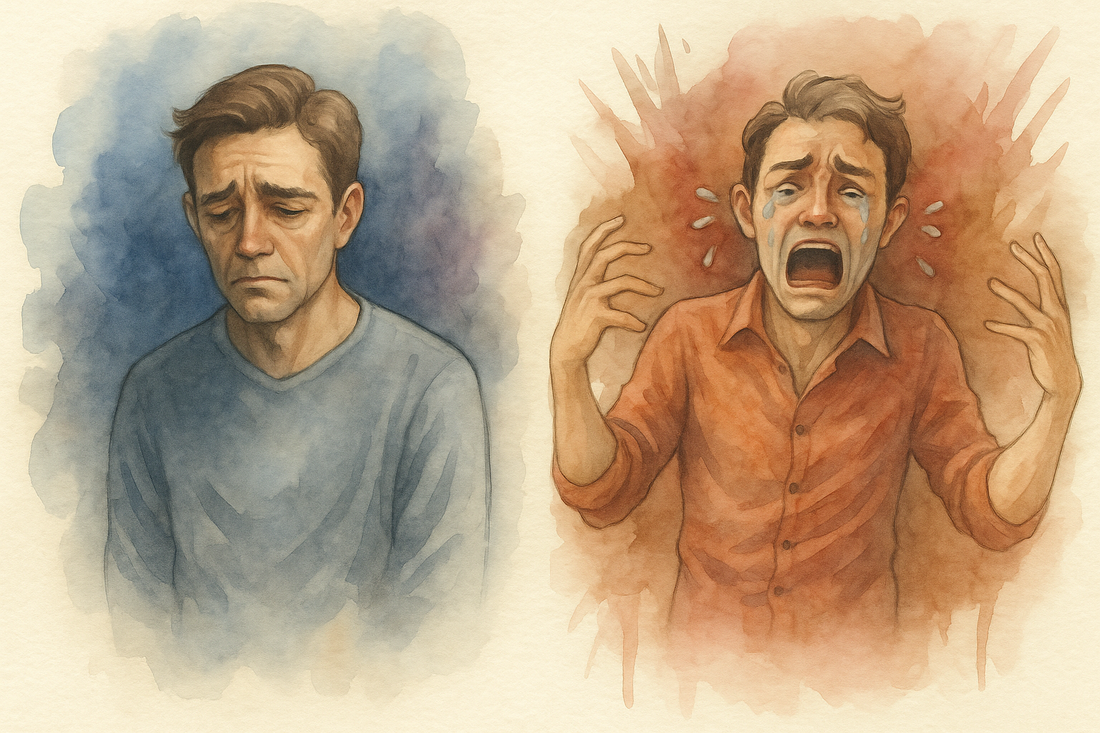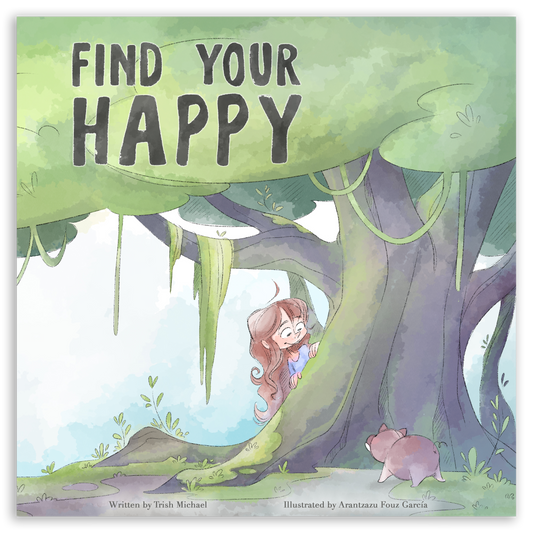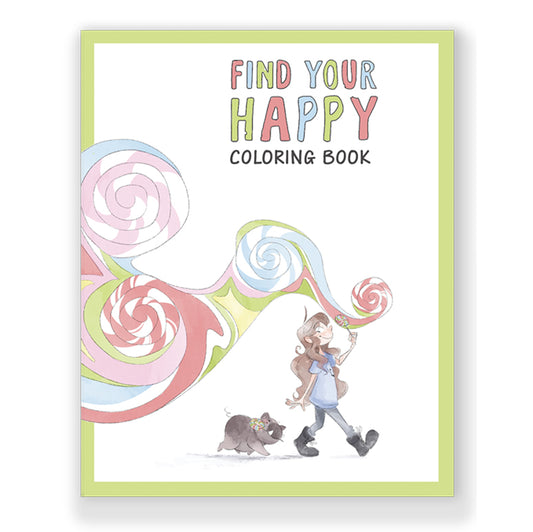How to Tell Who the Real Victim Is in a Narcissistic Abuse Dynamic
If you’ve ever been entangled with a narcissist, you know the confusion that follows every confrontation.
No matter what they’ve done, somehow you end up looking like the problem.
They cry.
They twist the truth.
They tell everyone they’re the victim.
It is exhausting. And it can be devastating if they're able to play that game in court and be believed by a judge, especially when there are kids involved.
Understanding who actually is a victim vs. who is playing the victim is hard when there is a Narcissist involved. They are masters at manipulating. But after 8 years of watching someone lie and be believed by our community and our court system, and hearing the horror stories from others who've gone through the same, it feels an important topic to cover. So many well-meaning people ended up causing us a lot of pain because they genuinely thought they were helping... but in reality... they were being duped. So here are some ways to figure out what's really going on when a Narcissist is pulling the strings.

The Real Victim vs. The False Victim
Being the victim means you’ve been genuinely harmed... emotionally, mentally, financially, or physically... by someone else’s actions. You may struggle with self-doubt, anxiety, or trauma responses. But deep down, you want peace and healing.
Playing the victim, on the other hand, is a manipulation tactic. It’s when a narcissist uses pity, blame, or emotional dramatics to avoid accountability and keep control.
Key Differences Between the Two
| Real Victim | Playing the Victim (Narcissist) |
|---|---|
| Seeks healing and understanding | Seeks control and attention |
| Accepts personal responsibility | Blames everyone else |
| Feels genuine remorse or confusion | Feels entitled and vindicated |
| Wants peace & closure, wants to move on | Wants power and chaos - won't move on |
| Doesn't want to be a victim | Wants to be seen as the victim |
A true victim is often quiet, uncertain, and self-questioning. They don't want to be a victim, and so may even be in denial that they are one. I know for me, personally, I wanted to be strong and confident and show that I was persevering... not appear weak and seem like I wasn't moving forward and doing my best.
A false victim is loud, confident, and convincing. They want everyone to see them as the one being victimized. In my case, he had a sob story for EVERYTHING. I was dealing with cancer and his continued financial and emotional abuse towards me and my kids, but I didn't bring it up for fear I would appear weak. He, however, had, and still has, no problem feigning lack of money, lying and saying that I'm alienating his kids from him (he's done a bang up job of that one on his own) and pointing the finger at me as though everything in his experience is my fault.
That’s why narcissists often win sympathy... that's their whole mo. They are practiced and gifted at manipulating people to get what they want. Meanwhile, the real victims are left trying to heal themselves from ACTUALLY being victimized... often struggling to admit to themselves or accept that they're a victim.
How Narcissists “Play” the Victim
Narcissists weaponize empathy. They’ll twist facts, tell half-truths, and even fabricate events to make others see them as the one who’s been wronged.
Common tactics include:
- Gaslighting (“She's crazy — I never said/did that.”)
- Smear campaigns (turning friends and family against the real victim)
- Emotional projection (accusing the real victim of doing what they’re doing)
- Crying for attention (especially when caught or exposed)
- Creating chaos (so it becomes hard for anyone involved to see clearly)
It’s all about control through confusion... keeping the real victims stuck defending themselves instead of healing.
How to Tell Who’s Who in a Narcissist Scenario
- Watch the behavior, not the words. With narcissists, there is always a lack of congruence between what they say, and what reality is. For instance, the narc feigns that he's been financially destroyed by his "gold-digger" ex... meanwhile... he buys new cars, walks around with wads of cash, buys extravagant gifts for his kids while his "gold-digger" ex struggles and depends on social services to survive.
- See who takes accountability. The abuser will rewrite history and blame everyone outside of them for their situation; the victim may talk about it, trying to make sense of it, but often takes on personal blame far beyond what is healthy.
- Check your nervous system. If you feel tense, small, or unsafe around them... trust that. If someone has to tell you repeatedly, "I'm a good person. I'm a really good person" over and again, it may be they're trying to convince you not to trust your gut about them. They're really good at that.
- Who benefits from the chaos? Through the chaos, the truth gets harder and harder to discern... and who benefits from that? The one who's lying. So, look for the clear, matter of fact one. The one who's story stays the same, or the one who isn't dragging outsiders into the mix for no reason.
Healing from Narcissistic Abuse: Reclaiming Truth
If you’ve been subjected to these tactics, you’re not crazy... and you're not alone.
The path to recovery is remembering who you are, and giving yourself permission to heal, without having to be believed by anyone outside of what's happened. You have to come to terms with what happened, admit that you actually have been victimized (which is often hard for real victims to do) and then heal from the abuse. And you won't have time for that healing if you're busy trying to defend yourself from all the lies. Let the narc narc. And then you find all the ways you can to try and heal.
That’s why I created healing books for kids and parents... to help families who’ve lived through narcissistic and emotional abuse find safety, clarity, and hope again.
Each story was written to undo the confusion that narcissists create... through light, love, and truth.
📘 Find Your Happy – helps children rebuild joy and confidence through and after chaos
📙 LIGHT – teaches self trust and boundaries
📗 The Sorry Monster – helps kids stop people-pleasing and reclaim their voice
📕 I Feel Super – reminds us all that our power comes from within
These aren’t just stories... they’re tools to help kids (and parents) remember the truth of who they are. And they are all empowering... because so often we feel helpless and hopeless as a Narcissist creates their chaos and damage... but we can find our power... even through the worst of it.
👉 Explore the full healing collection here:
https://www.trishmichael.com/collections/books










